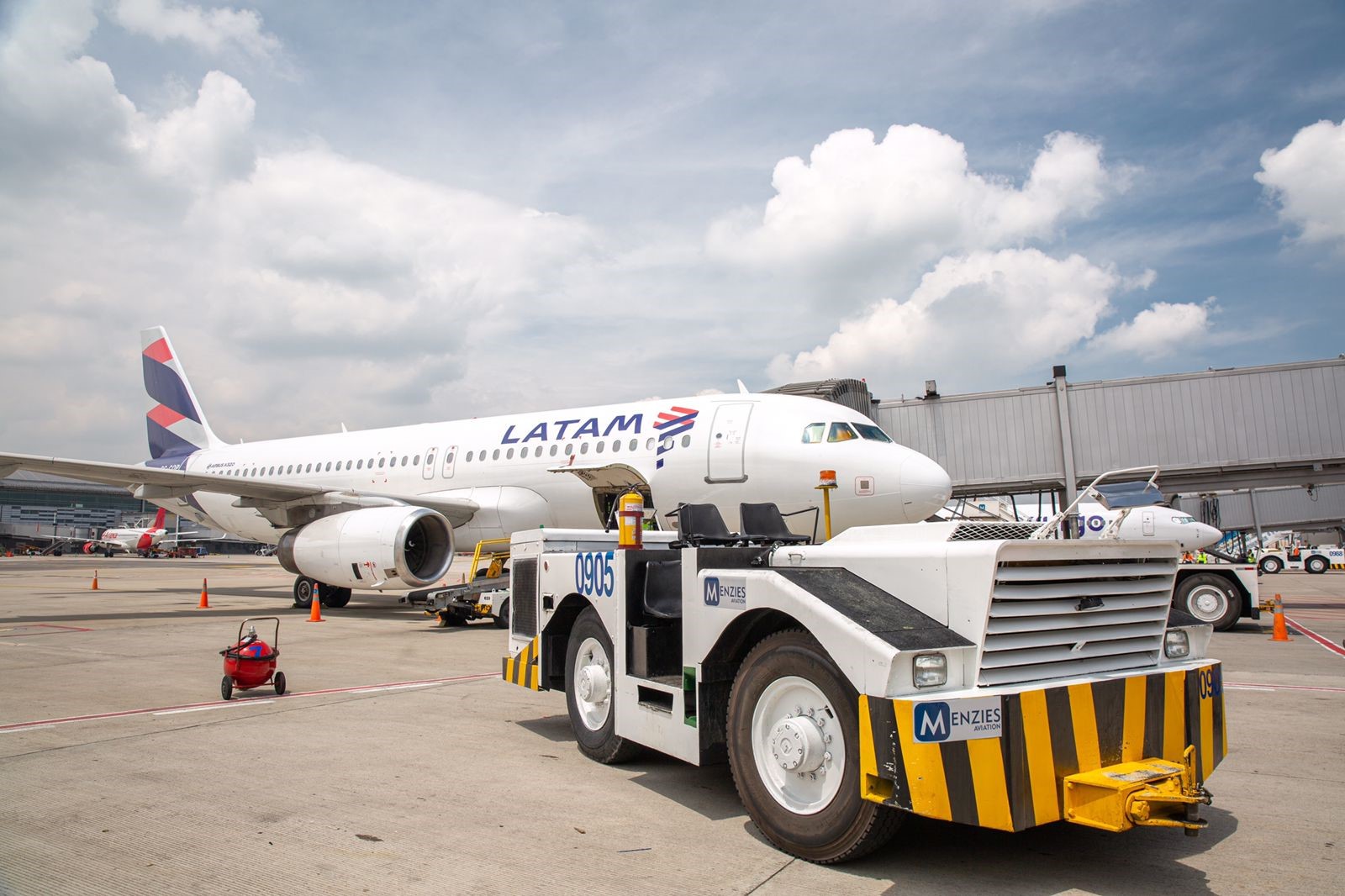
Ground operations coordination is the backbone of any successful airport. Ever wondered how planes land, refuel, and take off seamlessly? It's all thanks to a team of dedicated professionals working behind the scenes. These experts ensure everything runs smoothly, from managing baggage to directing aircraft on the tarmac. But what exactly goes into this complex process? Ground operations coordination involves meticulous planning, quick decision-making, and constant communication. Without it, airports would be chaotic, flights delayed, and passengers frustrated. This blog post will dive into 13 fascinating facts about ground operations coordination that will give you a newfound appreciation for the unsung heroes of aviation. Buckle up and get ready to learn!
Key Takeaways:
- Ground operations coordination involves managing various tasks to ensure safety, efficiency, and seamless airport activities through collaboration and advanced technology.
- Ground operations coordinators face challenges such as weather disruptions, resource management, and security concerns, highlighting the importance of training, certification, and the future role of automation and AI in the aviation industry.
Understanding Ground Operations Coordination
Ground operations coordination is essential for ensuring smooth and efficient airport activities. It involves managing various tasks, from aircraft handling to passenger services. Here are some fascinating facts about this critical aspect of aviation.
-
Ground operations coordination ensures safety: Safety is the top priority in aviation. Coordinators oversee everything from fueling to baggage handling, ensuring all procedures comply with strict safety regulations.
-
It involves multiple stakeholders: Ground operations require collaboration between airlines, airport authorities, ground handling companies, and air traffic control. Effective communication among these parties is crucial for seamless operations.
-
Technology plays a significant role: Advanced software and systems help coordinators track flights, manage resources, and communicate in real-time. This technology improves efficiency and reduces the risk of errors.
Key Responsibilities in Ground Operations
Ground operations coordinators have a wide range of responsibilities. They must ensure that all aspects of airport operations run smoothly and efficiently.
-
Aircraft turnaround management: Coordinators oversee the process of preparing an aircraft for its next flight. This includes cleaning, refueling, catering, and loading baggage.
-
Passenger services: Coordinators ensure passengers have a positive experience by managing check-in, boarding, and baggage claim processes. They also handle special requests and assist passengers with disabilities.
-
Emergency response: In case of emergencies, coordinators play a crucial role in managing the situation. They work with emergency services and airport authorities to ensure passenger safety and minimize disruptions.
Challenges Faced by Ground Operations Coordinators
Ground operations coordination is a demanding job that comes with its own set of challenges. Coordinators must be prepared to handle various issues that may arise.
-
Weather disruptions: Adverse weather conditions can cause delays and cancellations. Coordinators must quickly adapt plans and communicate changes to all stakeholders.
-
Resource management: Efficiently allocating resources, such as ground handling equipment and personnel, is crucial. Coordinators must balance the needs of multiple flights and ensure resources are used effectively.
-
Security concerns: Coordinators must stay vigilant to potential security threats. They work closely with security personnel to ensure the safety of passengers and staff.
The Importance of Training and Certification
Proper training and certification are essential for ground operations coordinators. This ensures they have the skills and knowledge needed to perform their duties effectively.
-
Comprehensive training programs: Coordinators undergo extensive training in areas such as safety procedures, emergency response, and customer service. This prepares them to handle various aspects of ground operations.
-
Ongoing education: The aviation industry is constantly evolving. Coordinators must stay up-to-date with the latest regulations, technology, and best practices through continuous education and training.
-
Certification requirements: Many countries require ground operations coordinators to hold specific certifications. These certifications demonstrate their expertise and commitment to maintaining high standards in their work.
The Future of Ground Operations Coordination
The field of ground operations coordination is continually evolving. Advances in technology and changes in the aviation industry will shape the future of this critical role.
- Automation and AI: Automation and artificial intelligence are expected to play a more significant role in ground operations. These technologies can help streamline processes, reduce human error, and improve efficiency.
Ground operations coordination is a complex and vital aspect of aviation. Understanding its intricacies helps appreciate the hard work and dedication of those who ensure our flights run smoothly and safely.
Final Thoughts on Ground Operations Coordination
Ground operations coordination is a complex yet vital part of aviation. From ensuring safety to efficiency, these operations keep airports running smoothly. Communication between ground crews, pilots, and air traffic control is key. Without it, delays and accidents could become common. Technology plays a big role too, with advanced systems helping to manage everything from baggage handling to runway assignments. Training and experience of ground staff can't be overlooked either. They need to be well-prepared to handle any situation that arises. Environmental factors like weather also impact ground operations, requiring constant monitoring and quick decision-making. Understanding these aspects helps appreciate the hard work behind the scenes. Next time you're at an airport, remember the intricate dance of coordination making your journey possible.
Frequently Asked Questions
Was this page helpful?
Our commitment to delivering trustworthy and engaging content is at the heart of what we do. Each fact on our site is contributed by real users like you, bringing a wealth of diverse insights and information. To ensure the highest standards of accuracy and reliability, our dedicated editors meticulously review each submission. This process guarantees that the facts we share are not only fascinating but also credible. Trust in our commitment to quality and authenticity as you explore and learn with us.


